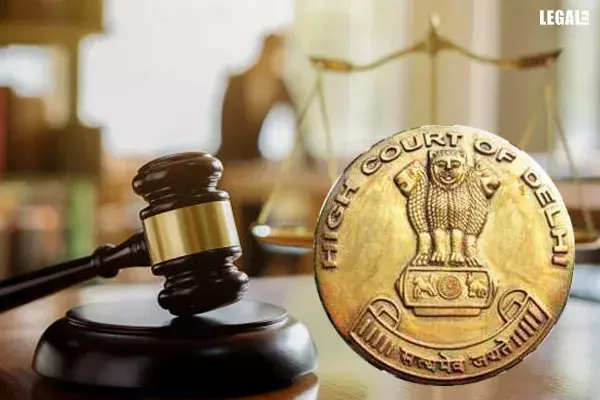No retrospective application for disallowance under section 14A of the Income Tax Act can be made
The revenue department had approached the bench after ITAT’s order;

No retrospective application for disallowance under section 14A of the Income Tax Act can be made
The revenue department had approached the bench after ITAT's order
The Delhi High Court has held that no retrospective application to an explanation for disallowance under Section 14A of the Income Tax Act, 1961 can be made.
In the case of the assessee, Era Infrastructure (India) Ltd, the assessing officer (AO) made a disallowance of Rs.3,61,53,268 under Rule 8D of the Income Tax Rules, 1962 read with Section 14A of the IT Act. This was confirmed by the Commissioner of Income Tax (Appeals).
Aggrieved by the order, the assessee approached the Income Tax Appellate Tribunal (ITAT).
The division bench of ITAT deleted the disallowance by relying on the decision of the Delhi High Court in the case of PCIT vs. IL & FS Energy Development Company Ltd. It held that "no disallowance under Section 14A of the Act can be made if the assessee had not earned any exempt income."
Aggrieved by the ruling, the revenue department filed an appeal before the high court.
The revenue department submitted that the amendment made by the Finance Act, 2022 to Section 14A by inserting a non-obstante clause and an explanation after the proviso, a change in the law had been brought about. Consequently, the judgments relied upon by the authorities were no longer good in law.
The Coram of Justice Manmohan and Justice Manmeet Pritam Singh Arora observed that the Memorandum of the Finance Bill, 2022 explicitly stipulated that the amendment would take effect from 1 April 2022. Therefore, it would apply to the Assessment Year 2022-23 and subsequent years.
While dismissing the appeal, the court further observed that though the challenged judgmentis was pending adjudication before the Supreme Court, there was no stay of the judgment to date. Hence, it was binding in nature and the order passed in the appeal should abide by the final decision of the Supreme Court in the Special Leave Petition (SLP) filed in the earlier high court case.


